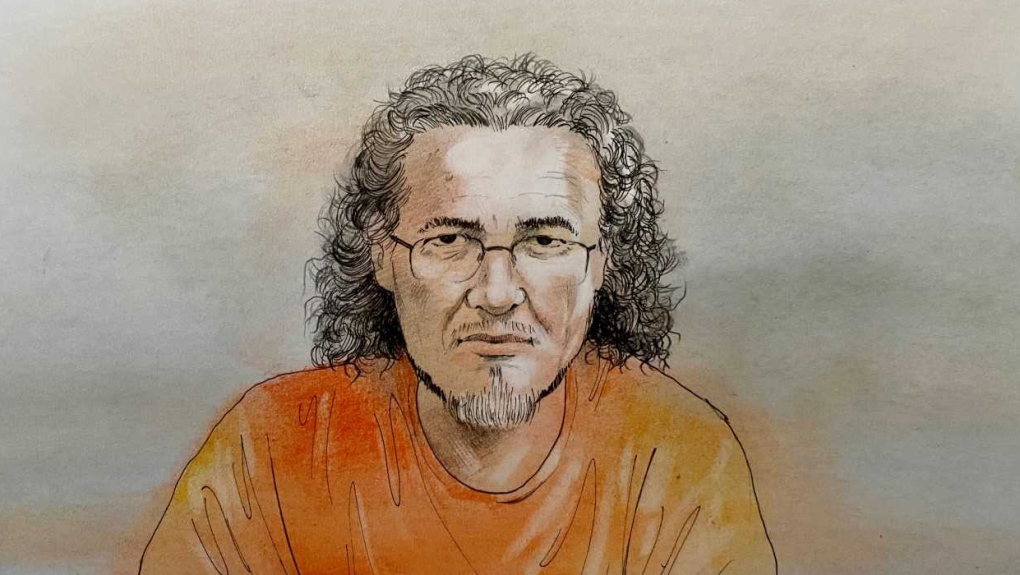Joseph George Sutherland, convicted of killing 2 women in Toronto in the ’80s, sentenced to life
The man who confessed to the brutal 1983 murders of two women in Toronto has been sentenced to life in prison with no chance of parole for 21 years.
The sentence was handed to Joseph George Sutherland by Superior Court Justice Maureen Forestell in a downtown Toronto courtroom on Friday.
Back in October, Sutherland pleaded guilty to two counts of second-degree murder in connection with the deaths of Erin Gilmour and Susan Tice.
“I believe one important message connected to these two homicides is general deterrence,” said prosecutor Michael Canton in a statement following the sentencing. “If you harm a member of our society, the justice system will hold you accountable.”
Gilmour, the daughter of mining magnate David Gilmour, was 22 years old when she was stabbed, strangled and sexually assaulted in her Yorkville apartment on the night of Dec. 20, 1983.
Earlier that year, Susan Tice was found stabbed to death after being sexually assaulted in her Bickford Park home, just a few kilometres away from Gilmour’s apartment.
Sutherland was not arrested for nearly 40 years. The court heard he considered turning himself in at several points during that time but opted against it.
It wasn’t until November 2022, when advances in DNA technology led officers to link evidence from both crime scenes, that Sutherland was arrested at a residence in Moosonee, Ont.
He has been in custody at Toronto South Detention Centre since.
In considering Sutherland’s sentence, Justice Forestell was presented with a Gladue report authored by Aboriginal Legal Services, which detailed Sutherland’s upbringing and background.
The report detailed a life coloured by colonialism, Forestell told the court. In his early years, Sutherland attended St. Anne’s Residential school. During this time, he was the victim of both physical and sexual abuse, she said.
His family moved to Toronto in his late teens. There, he struggled with substance abuse.
 A court sketch of George Joseph Sutherland (John Mantha)
A court sketch of George Joseph Sutherland (John Mantha)
Following the murders, Sutherland told the report’s author he embarked on a spiritual quest to find the spirits of his victims and ask for their forgiveness. It was a turning point for him, he told the authors.
He also told the authors that he did not remember committing the first homicide, and that he only vaguely remembered the second.
“My mind erased it because my mind broke,” he told the author of the report.
Forestell rejected this, finding his decision to embark on a spiritual quest evidence of sufficient memory.
“While I accept what Mr. Sutherland told the author of the report ,that he had tried to forget what he’d done, I do not accept he does not remember the first and only vaguely remembers the second homicide,” she said.
Forestell said that given the circumstances of the case “including the vulnerability of the victims” and “the violations of their homes and their bodies,” a parole eligible near the “highest range” permitted was appropriate.
As Sutherland has already served two years in custody, he will be eligible for parole in 2043.
Sutherland must also submit a sample of DNA to the court and has been prohibited from possessing weapons for life.
View original article here Source









